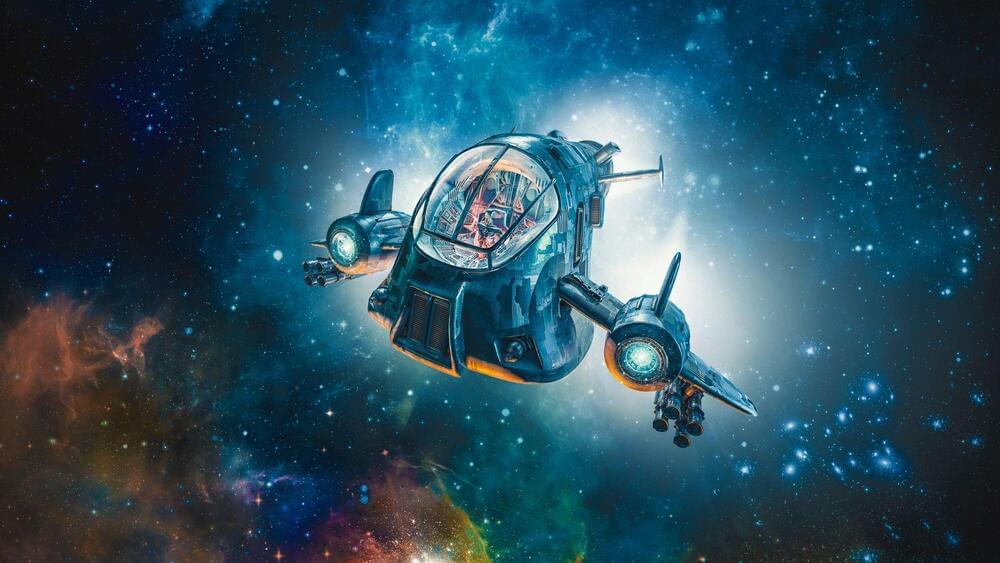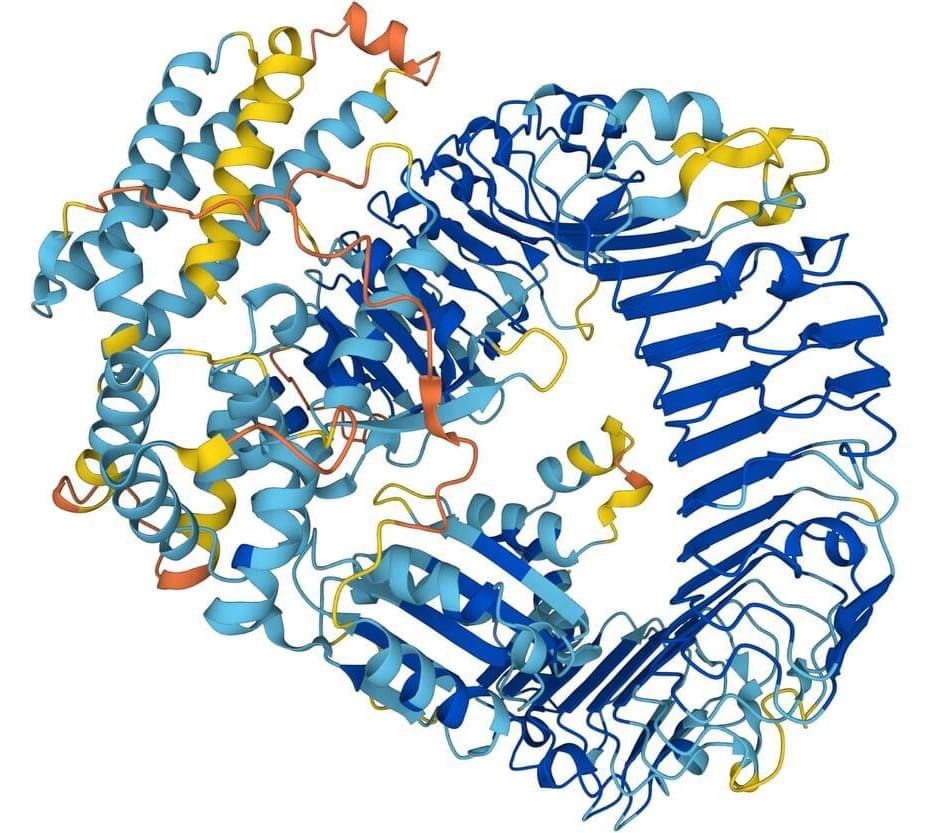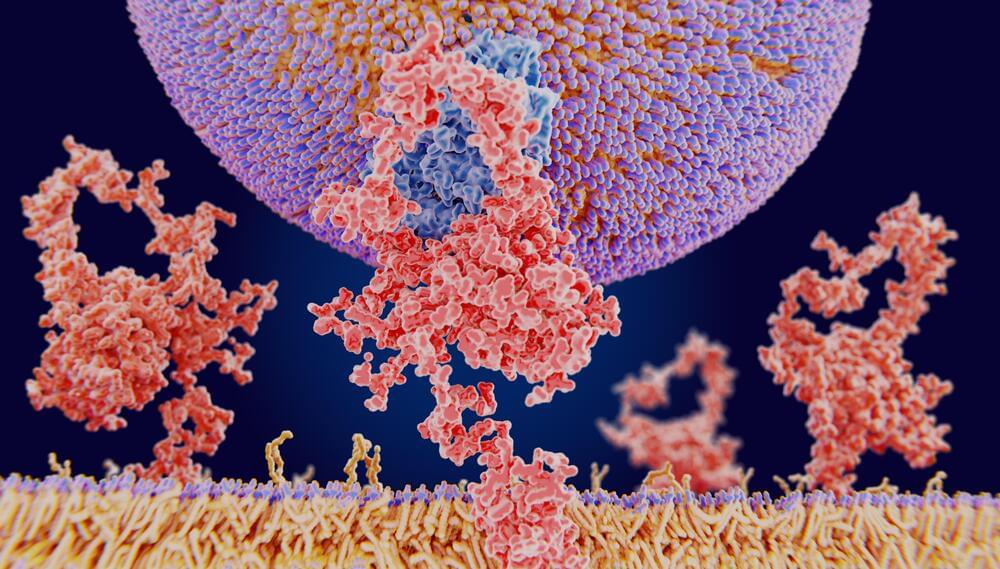TWITTER https://twitter.com/Transhumanian.
PATREON https://www.patreon.com/transhumania.
BITCOIN 14ZMLNppEdZCN4bu8FB1BwDaxbWteQKs8i.
BITCOIN CASH 1LhXJjN4FrfJh8LywR3dLG2uGXSaZjey9f.
ETHEREUM 0x1f89b261562C8D4C14aA01590EB42b2378572164
LITECOIN LdB94n8sTUXBto5ZKt82YhEsEmxomFGz3j.
CHAINLINK 0xDF560E12fF416eC2D4BAECC66E323C56af2f6666.
KEYWORDS:
Scienc, Technology, Philosophy, Futurism, Simulation, Simulationism, Ockham’s Razor, Argument, Hypothesis, Anthropic Principle, Holographic Principle, Holographic Universe theory, Brain in a Vat, Brain in a Jar, Matrix, Inception, Hologram, Artificial Intelligence, Vocaloid Hologram, Reality, Ontology, Epistemology, Elon Musk, Solipsism, Illusion, Renee Descartes, George Berkeley, Materialism, Idealism, Solipsism, Cogito Ergo Sum, Esse es Percepi, Gilbert Harman, Hillary Putnam, Robert Nozick, The Experience Machine, Multiverse, Omniverse, Black Hole Hologram, Event Horizon, Singularity, Moore’s Law, Black Dual Linear Error Correcting Code, Jim James Sylvester Gates, Neil DeGrasse Tyson, Plato’s Cave, Quantum Mechanics, Schrondinger’s Cat, Observer Effect, Double-Slit Experiment, Heisenberg Uncertainty Principle, Artificial Intelligence, Quantum Superdeterminism, Free Will, Albert Einstein, Stephen Hawking, Quantum Gravity Research, Eugene Vignor, Consciousness, Fermi Paradox, SETI (search for extraterrestrial intelligence), Drake Equation, Alpha Centauri, Wave Function Collapse, Video Games, VR, Virtual Reality, God, Theology, Fine-Tuning Argument, Teleological Argument, Simulationism, Mormonism, LDS, Heavenly Father, Glitch, Dyson Sphere.



